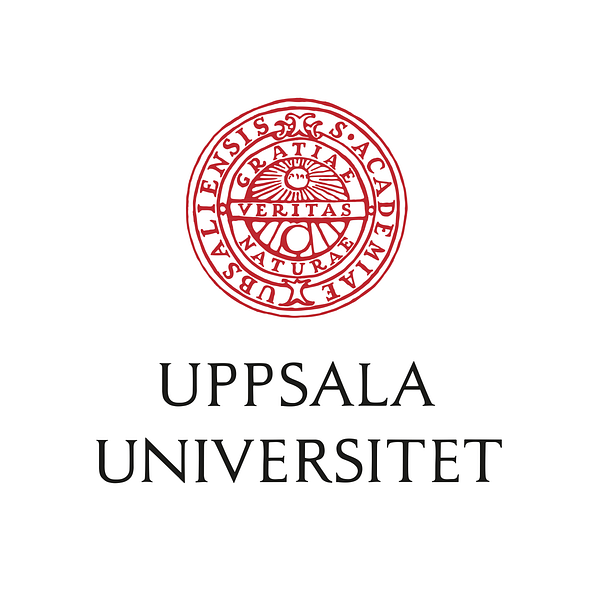Pressmeddelande -
Steering cancer inflammation to inhibit tumor growth and spread
Most cancer tissues are invaded by inflammatory cells that either stimulate or inhibit the growth of the tumor, depending on what immune cells are involved. Now a Swedish-Belgian research team has shown that a protein that naturally occurs in the body, HRG, inhibits tumor growth and metastasis into secondary organs by activating specific immune cells. The study is being published today in the Net edition of the prestigious journal Cancer Cell.
- Our study shows that the regulation of tumor-associated inflammation can be utilized to treat cancer and that there is a great potential to develop HRG into a drug for cancer treatment, says Lena Claesson-Welsh, professor at the Department of Immunology, Genetics, and Pathology, who points out that the study offers a number of new and important findings.
- One significant finding is that HRG enhances the effect of chemotherapy in slowing down the growth of cancer.
Most types of cancer lead to inflammation consisting of, among other things, tumor-associated macrophages (TAMs). TAMs consist mostly of so-called M2 macrophages, which support the growth of blood vessels and moderate the body’s immune defense. M1 macrophages, on the other hand, inhibit tumor growth by activating immune cells that are toxic to the tumor. To be able to shift M2 macrophages into so-called anti-tumoral M1 macrophages is therefore an attractive strategy for treating cancer.
Previous studies by the research team have shown that the body’s own blood plasma protein histidine-rich glycoprotein, HRG, can affect blood-vessel growth in tumors, but only now is it clear that this effect is dependent on inflammatory cells. Nor was it previously known that HRG reduces metastasization. The scientists now show that HRG can transform inflammatory cells in the tumor from M2 macrophages, which promote tumor growth, to M1 macrophages, which inhibit tumor growth. They also show for the first time that M1 macrophages affect the spread of tumor cells to secondary organs (metastases).
The researchers studied three different types of tumors in mice to show that tumors that produce HRG grow more slowly and do not spread into subsidiary tumors. The inhibiting effect takes place when HRG downregulates the placenta growth factor (PlGF). This prompts M2 macrophages to transform into M1 macrophages. The M1 macrophages start an immune defense against the tumor and thereby reduce its mass. What’s more, these M1 macrophages lack any capacity to stimulate blood vessels. Tumor blood vessels are often over-stimulated and function poorly, which makes it easier for tumor cells to get access to the blood circulation and to spread to other organs in the body. Normalization of blood vessels in the presence of M1 macrophages makes it more difficult for tumor cells to get through vascular walls to metastasize. Finally, the authors show that the amount of HRG is dramatically reduced in a great number of cancer types in humans, which may mean that HRG has a natural inhibitory function in the development of cancer.
- The next step will be to find the binding sites for HRG on macrophages, so they can be used in developing drugs. We are also looking into how HRG levels in the blood change in cancer, in collaboration with surgeons at Uppsala University Hospital, says Lena Claesson-Welsh.
The study was carried out in close collaboration between a group at Uppsala University led by Lena Claesson-Welsh, and a group in Leuven, Belgium, headed by Peter Carmeliet.
Article reference: Rolny et al. HRG inhibits tumor growth and metastasis by inducing macrophage polarization and vessel normalization through downregulation of PlGF. Cancer Cell online (published in the January issue of the paper edition).
For more information, please contact Lena Claesson-Welsh, mobile: +46 (0)70-167 9260 or Charlotte Rolny +46 (0)70-733 50 06 .
Regioner
www.uu.se
